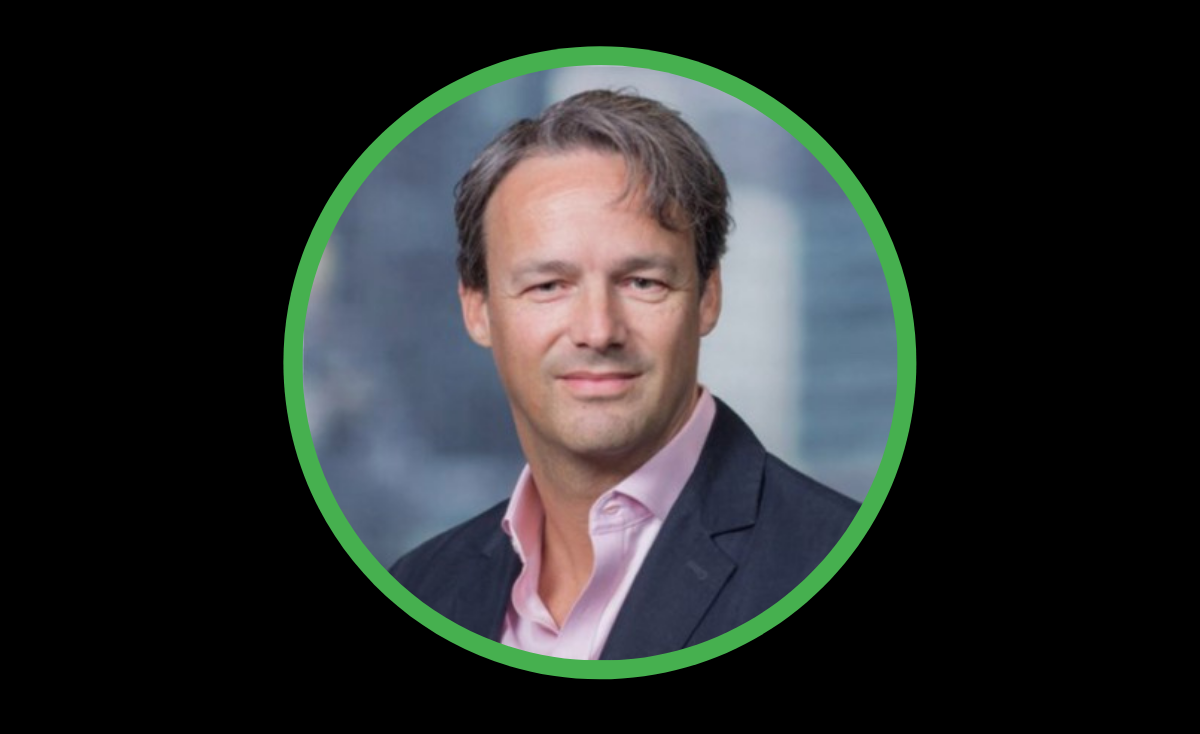
This is part two in a series. To read part one – click here.
- Evan Fire, Chief Operating Officer, Pzena Investment Management
- Khadeeja Bassier, Global Chief Operating, Officer, NinetyOne
- Ross LeBlanc, Product Manager for Innovation, SimCorp
Sara Benwell: How has recent market volatility shed light on the need to streamline operational architecture to help minimise future disruption?
Khadeeja Bassier: We must return to our principles. As an asset management industry, our primary function is the custodian of client capital, and we are in the business of trust.
Operational framework is key to the delivery of our promise to clients. Within the context of this core principle, disruption at its simplest is investors not being able to redeem or subscribe and firms not being able to execute in the general sense of the word.
Recent market volatility has heightened this problem, because for the first time, we have seen the source of this disruption as physical, real-world risk that has been manifested into financial and market volatility.
“Operational framework is key to the delivery of our promise to clients”
This could be a precursor of what is to come given the risks climate change poses to financial systems and we need to grasp this problem.
The imperative to ensure that our operational architecture is resilient to unforeseen circumstances is greater than ever. This ranges from daily dealings in our fund to our expectations from our outsourced partners.
We need to assess what this expectation is in this symbiotic relationship and how agile our workforce really is in delivering outcomes within this ever-changing environment.
Evan Fire: If you think about the operating model of the future, there are four pillars: people, process, technology, and data. When thinking about trying to minimize future disruption, we should add in ‘resiliency’.
The question is how you build an organization that is resilient through disruption. In terms of people, it is about hiring the right talent, training them, and preparing them for any events.
For process and technology, it is about modernizing and using technology that can help you be more efficient whilst enhancing legacy systems and processes.
“The question is how you build an organization that is resilient through disruption.”
In terms of data, this is a new pillar for many of us over the last several years that has been a real focus and if you can harness the data that your organisation uses every day in a way that then allows the other three pillars to be as efficient as possible, you stand a pretty good chance of being resilient through any future disruption.
This pandemic experience in many ways accelerated some of the processes we have been working on, so I think we will be better prepared in the future. Whilst it has been challenging, as an industry I feel that we have risen to the occasion.
Ross Leblanc: Coming from the vendor side, at SimCorp we service 300 of the largest asset managers in the world so we see all sorts of different issues that clients have been tackling in the past year and beyond.
There have been challenges; macroeconomic drivers, low interest rate environments, inflation expectations, shrinking margins, but these were things our clients were tackling before Covid.
The most recent market volatility, Covid, introduced some new challenges, mainly the distributed workforce, with people working from their homes as well as increased scrutiny from stakeholders and clients who demand more information at a quicker rate.
Simple things like adjusting investment strategies from active to passive became a huge challenge.
“The integration of ESG has been challenging, with greater regulatory requirements around reporting”
There is greater allocation to alternative investments, both as a de-risking strategy and in search of greater returns for portfolios. Alternatives are a very difficult asset class to manage, so that introduces new complexity in and of itself.
The integration of ESG has been challenging, with greater regulatory requirements around reporting, with asset managers now needing to incorporate this into the portfolio mix alongside traditional performance measurements.
We have seen a lot of clients focusing on fintech innovation, but this is also a huge challenge because of the overwhelming options currently in the market.
I would echo Evan’s point on the four pillars being people, processes, technology, and data, and these are absolutely what clients are talking about these days and what they are focusing on more now.
This is part two in a series. To read part one – click here.
Please Sign In or Register to leave a Comment.
SUBSCRIBE
Get the recent popular stories straight into your inbox




